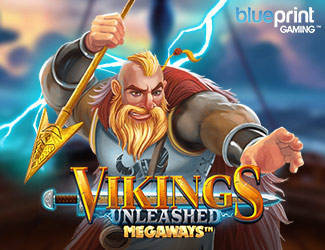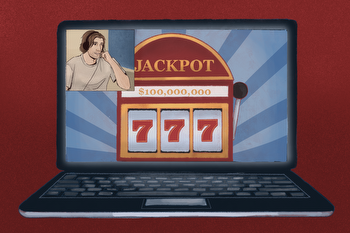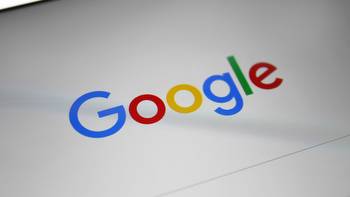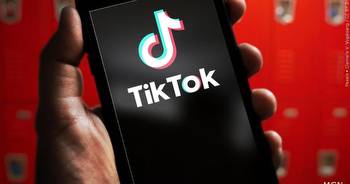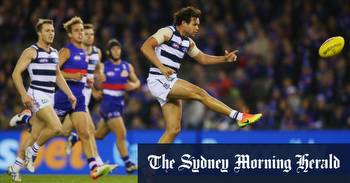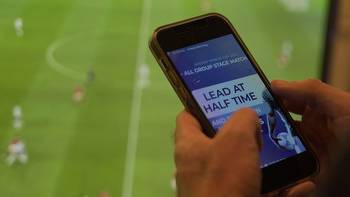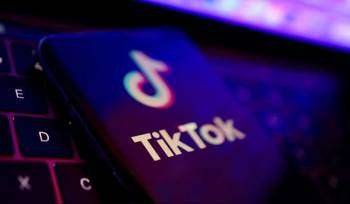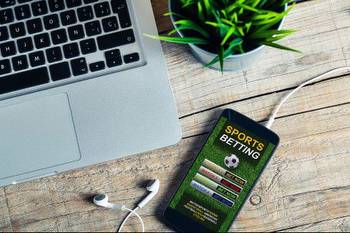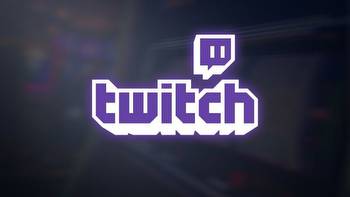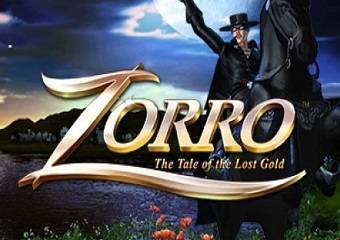TikTok Will Allow Some Gambling Ads to Run in Australia
Australia has become the first region in the world to run a TikTok pilot for gambling advertising. But the platform insists these new ads will not be seen by underage users and are not completely at odds with its advertising policy, which prohibits gambling.
Under the pilot, TikTok will only surface the ads of one sports betting company—Sportsbet—under the guise of b-rate, user-generated skits and satirical commentary, in most cases pegged to Australian racing culture.
In four ads seen on the platform via an account created by VICE without age verification enabled, just two were labelled sponsored content, while all withheld the “gamble responsibly” tagline required of gambling advertisers under Australian law.
The platform’s embrace of Sportsbet emerges as a major u-turn for TikTok, which up until now has swatted away attempts by the gambling industry to advertise its products directly to an audience millions of Australian users, close to a third of whom are thought to be under the age of 15 years old.
As it stands, TikTok’s own advertising policy still rules out the “promotion, sale, solicitation of, or facilitation” of “gambling” and “sports betting,” along with offering businesses engaged with those kinds of products click-through services.
Here’s the full language, per the TikTok advertising policy available on the platform’s business help centre:
- Promotion, sale, solicitation of, or facilitation of access to casinos, gambling activities, sports betting, fantasy sports, lotteries, whether it is an online website or a physical establishment, where there is money cashing-in or cashing-out.
- Promotion, sale, solicitation of, or facilitation of access to:
>Free credits, vouchers, coupons, in any form including printed or digital codes, for use in casinos and gambling games.>Websites, software, products or services that facilitate or drive traffic to casinos and gambling games or its related content including odds calculator, tips and tricks, rules and strategies, hot-picks or forecasts.
>Games of luck or chance, such as scratch-off games, bingo, or any other similar games or apps that could result in monetary or valuable prize gain.
>Tools, instruments, devices, props, or any other accessories or supplies, for use in casinos and gambling games.
According to TikTok, the trial will be controlled to try and ensure that users have a “safe experience”. So far, it looks like the only protective guardrails installed by the platform are vague artificial intelligence sequences that surface the ads on the feeds of users who say they are older than 21 years old. TikTok has been contacted for comment.
Harm reduction advocates and gambling researchers, however, have been quick to condemn the shift, which they say runs the risk of exposing millions of underage children to gambling and hyper-normalising betting activity.
Beyond the obvious risks associated with showering young users of the platform in gambling-related content, internet researchers say it will be close to impossible for TikTok to effectively moderate the harmful ads.
“The big issue around harmful industries advertising is that many of us sign up to a platform before we're technically allowed to,” Nicholas Carah, a digital cultures and societies director at the University of Queensland, told ABC News.
More recent estimates would suggest the platform has an Australian user base of7.4 million users over the age of 18, whileABC News on Monday reported that there could be that many users under the age of 18 alone.
“So this whole question of platforms gating content for users under a certain age is a little bit messy,” Carah said.
TikTok, the third-largest social media platform in Australia by user base, won’t be alone in trying to figure it out.
Extensive research into “dark advertising” in Australia suggests that digital ads on all major platforms, including Google, YouTube, and Meta’s Facebook and Instagram, have each played host to age-restricted advertising that has surfaced before the eyes of minors.
In a recent study with Monash University and The University of Queensland, VicHealth surveyed 204 people “to look at how alcohol, unhealthy food, sugary drinks and gambling products were promoted to them online”, and found that underage participants were targeted with ads for age-restricted products, like alcohol and gambling.
But there is currently no way for regulators to stop them. In Australia, the federal government is only able to regulate advertising on TV, radio, and digital streaming, but not on major social media platforms. Instead, they rely on these platforms to behave transparently.
In an expert analysis published in September this year, TikTok’s transparency rating ranked among the lowest.







